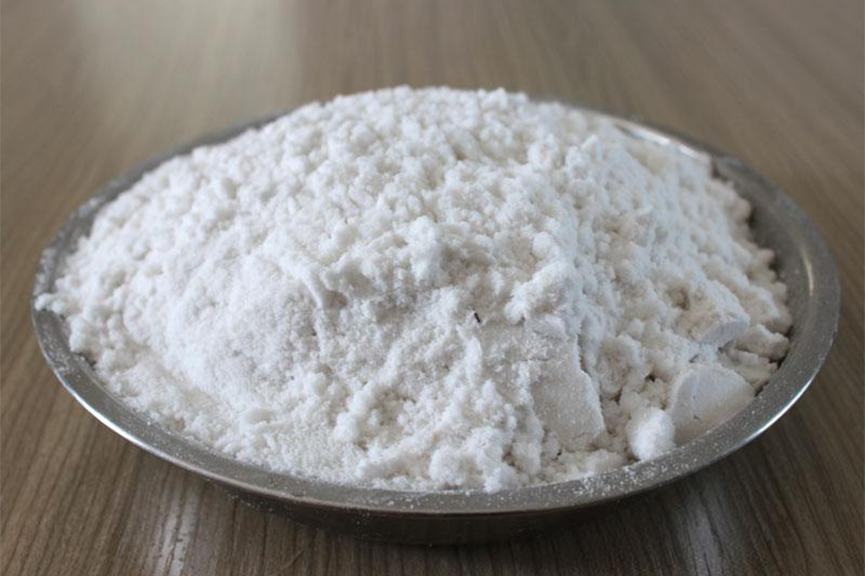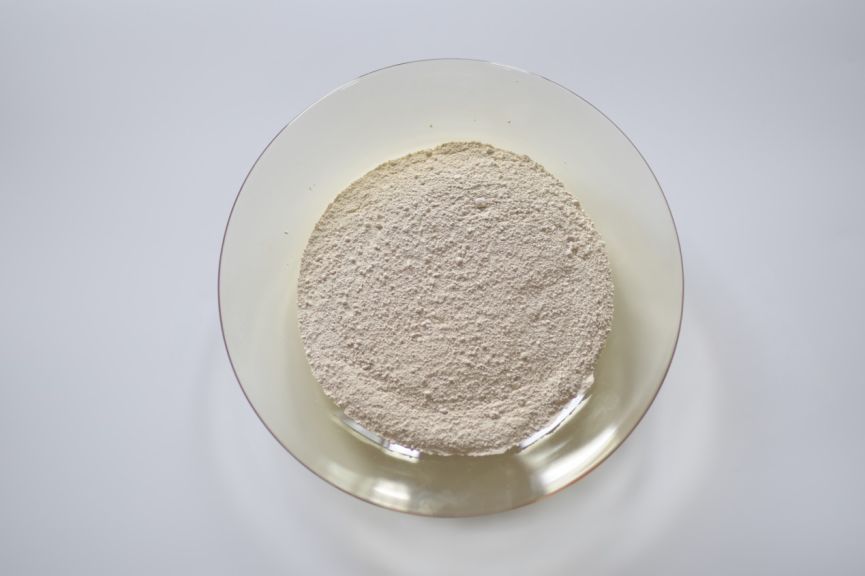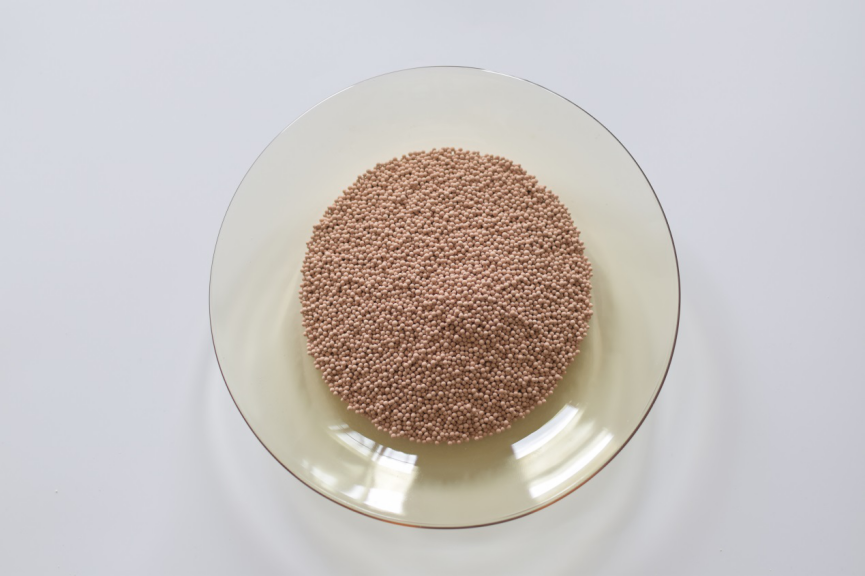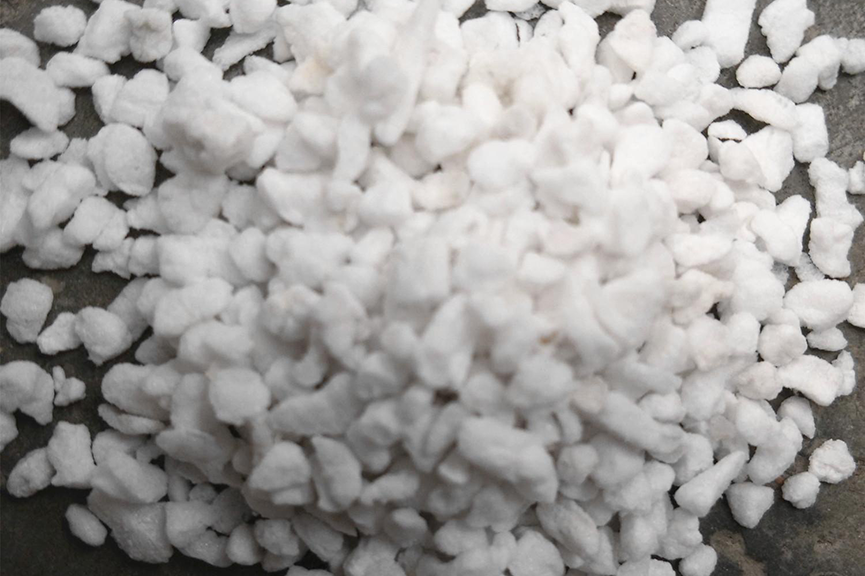
China High quality Application Of Zeolite In Water Treatment Manufacturer – Natural Zeolite filter media water treatment price – Xinzheng Cheng
China High quality Application Of Zeolite In Water Treatment Manufacturer – Natural Zeolite filter media water treatment price – Xinzheng Cheng Detail:
Introduction of Zeolite filter media
Zeolite filter media is made of high-quality zeolite ore, purified and granulated. It has the functions of adsorption, filtration and deodorization. It can be used as a high-quality purifier and adsorption carrier, etc., and is widely used in river treatment, constructed wetland, sewage treatment, aquaculture.
Zeolite characteristics
Zeolite has the properties of adsorption, ion exchange, catalysis, thermal stability and acid and alkali resistance. When used in water treatment, zeolite can not only effectively use its adsorption, ion exchange and other properties, but also effectively reduce water treatment Cost is an excellent filter material for water treatment.
2.Zeolite filter media function
A: Removal of ammonia nitrogen and phosphorus:
Zeolite has a wide range of applications in water treatment. Among them, the most widely used is its ability to remove nitrogen and ammonia, and its ability to remove phosphorus is due to its strong adsorption capacity. Zeolite is often used in the treatment of eutrophic water, and suitable zeolite can also be selected as the filler in wetland treatment, which not only solves the control of the filler cost, but also effectively utilizes the wetland filler’s ability to remove harmful substances. In addition, zeolite can also be used to remove nitrogen and phosphorus from the sludge.
B: Removal of heavy metal ions:
The modified zeolite has a better removal effect on heavy metals. The modified zeolite can adsorb lead, zinc, cadmium, nickel, copper, cesium, and strontium in sewage. The heavy metal ions adsorbed and exchanged by the zeolite can be concentrated and recovered. In addition, the zeolite used to remove heavy metal ions can still be recycled after treatment. Compared with general heavy metal processing methods, zeolite has the advantages of large processing capacity and low processing cost.
C: Removal of organic pollutants:
The adsorption capacity of zeolite can not only adsorb ammonia nitrogen and phosphorus in water, but also remove organic pollutants in water to a certain extent. Zeolite can treat polar organics in sewage, including common organic pollutants such as phenols, anilines, and amino acids. In addition, activated carbon can be used together with zeolite to improve its ability to remove organics in water.
D: Removal of fluoride in drinking water:
In recent years, the high content of fluorine in drinking water has attracted more and more attention. The use of zeolite to treat fluorine-containing water can basically reach the drinking water standard, and the process is simple, the treatment efficiency is stable, and the treatment cost is low.
E: Removal of radioactive materials:
The ion exchange performance of zeolite can be used to remove radioactive substances in water. After the zeolite exchanged with radioactive ions is melted, the radioactive ions can be fixed in the crystal lattice, thereby preventing re-contamination of radioactive materials.
The advantages of zeolite filter media
Zeolite filter media is used in water treatment and has the following advantages:
(1) It is tasteless and does not cause environmental impact;
(2) The price is cheap;
(3) Acid and alkali resistance;
(4) Good thermal stability;
(5) The performance of removing pollutants is stable and reliable;
(6) It has the function of comprehensively treating polluted water sources;
(7) It is easy to regenerate after failure and can be recycled.
Specification size: 0.5-2mm, 2-5mm, 5-13mm, 1-2cm, 2-5cm, 4-8cm.
Product detail pictures:


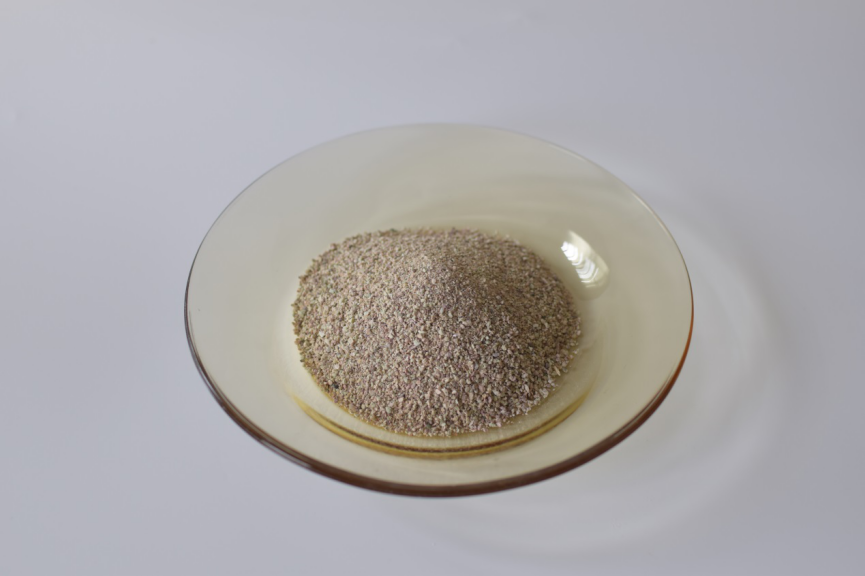
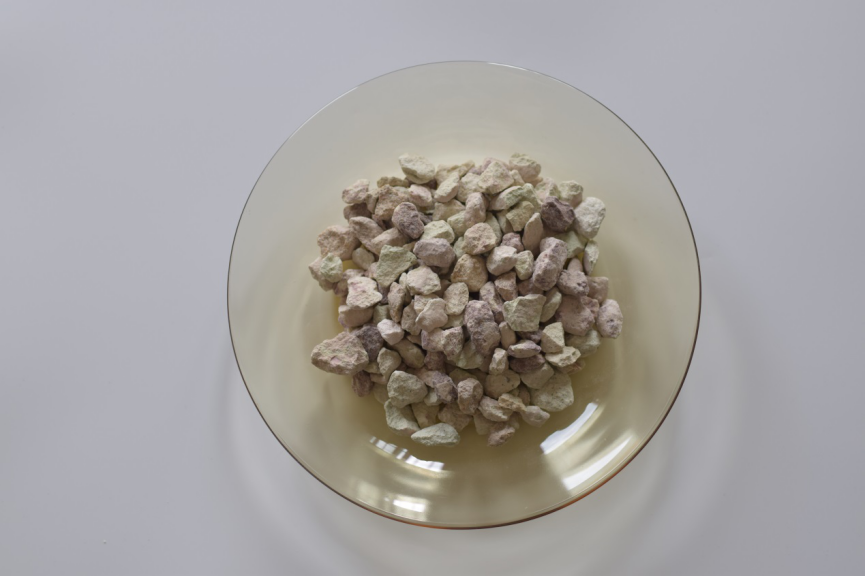
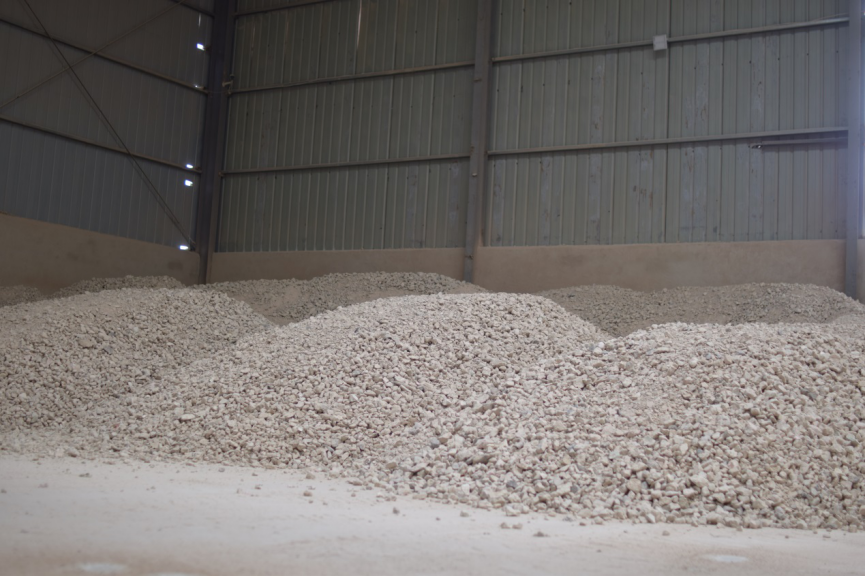
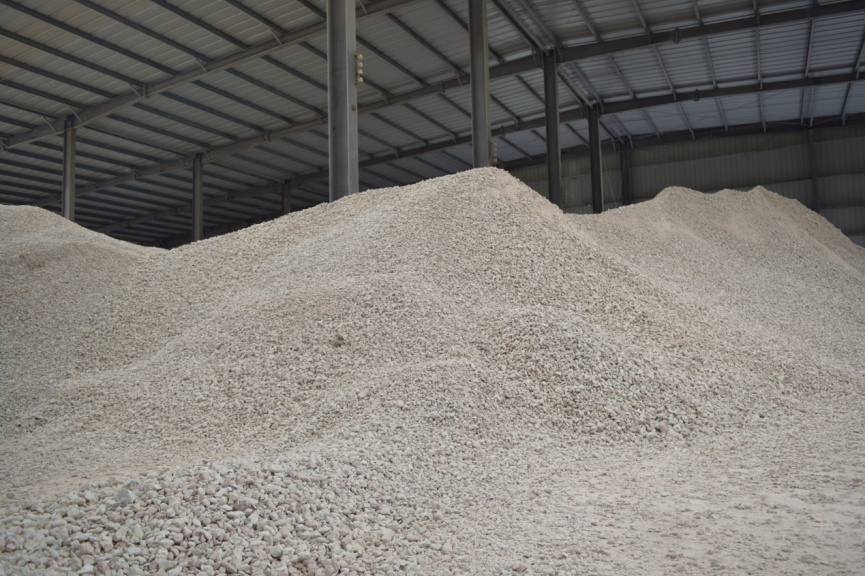
Related Product Guide:
It adheres on the tenet "Honest, industrious, enterprising, innovative" to acquire new solutions continuously. It regards prospects, success as its personal success. Let us build prosperous future hand in hand for China High quality Application Of Zeolite In Water Treatment Manufacturer – Natural Zeolite filter media water treatment price – Xinzheng Cheng , The product will supply to all over the world, such as: Venezuela, Hongkong, Cannes, Our advantages are our innovation, flexibility and reliability which have been built during last 20 years. We focus on providing service for our clients as a key element in strengthening our long-term relationships. The continual availability of high grade products in combination with our excellent pre- and after-sales service ensures strong competitiveness in an increasingly globalized market.
Reasonable price, good attitude of consultation, finally we achieve a win-win situation,a happy cooperation!

